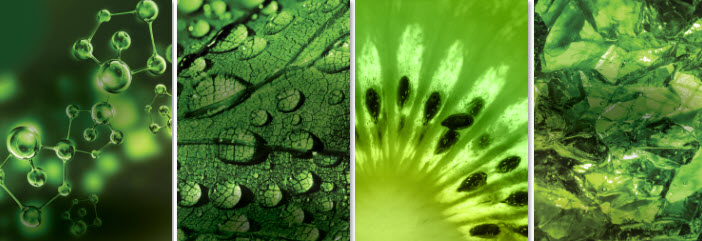The world´s most comprehensive portfolio of separation technologies.
Clear and simple
Industrial wastewater treatment at ARLA FOODS, Denmark
In 2009, Arla Foods in Videbaek, Denmark, realized that their current methods of sludge dewatering were unsustainable. A sound financial and strategic decision was made by arla foods to invest in a better dewatering solution to handle the large volume of wastewater coming from the company’s milk and cheese production.
The challenge:
Capture more, dispose of less
Arla Foods, partnered with Kruger AS, began on-site trials using diverse equipment to compare technologies, the ultimate goal being to increase the level of performance and decrease operating costs.
Customer requirements? To find an optimal solution that would:
- reduce sludge waste volume and disposal costs
- ensure highest capture rates
- enable fully automated operations
In extensive trials, the best technology was identified and utilized to develop a custom solution that yields a more effective, advanced process. Thanks to our expertise across a broad spectrum of products and technology, ANDRITZ SEPARATION delivered a solution exceeding all expectations, including reducing waste, increasing capture rates, and facilitating fully automated operation.
Our solution:
A one-step approach to thickening and dewatering
Using an on-site centrifuge trailer, we were able to demonstrate successfully how one D5L centrifuge could achieve the best performance, as well as the highest flexibility and reliability. The centrifuge has simplified the dewatering system by removing the drum thickener, but was also key to increasing its reliability, reducing polymer consumption, and limiting maintenance costs. Other key capabilities shown during trials included an increase in cake dryness (6% drier sludge cake compared to other conventional dewatering technologies), better capture rate (<3-500 mg ss/l in centrate), and a significant decrease in industrial water consumption (low volume of washing water).
Having boosted performance, the next step was to reduce costs by finding the right polymer that would be effective in minimal amounts, and to apply the proper automation technologies to enable continuous operation with no assistance from WWT personnel.
Results:
Best performance, lower operating costs, and total automation
With the first machine for nearly two years, it has allowed Arla to run a fully automated dewatering operation with lower annual waste disposal and maintenance costs at much higher capacities. Thanks to new additives and a more efficient one-step dewatering process, polymer consumpion is now significantly reduced. The end result is a comprehensive, customized solution so successful that arla has since ordered a second ANDRITZ SEPARATION centrifuge for the same site. The final installation in 2014 of the second D5 decanter centrifuge confirmed this choice of technology. The centrifuge design itself – which removes the need for additional washing water and personnel while achieving an exceptionally high capture rate from sludge with a very high organic content – has also proven essential to making these and other cost savings possible.








